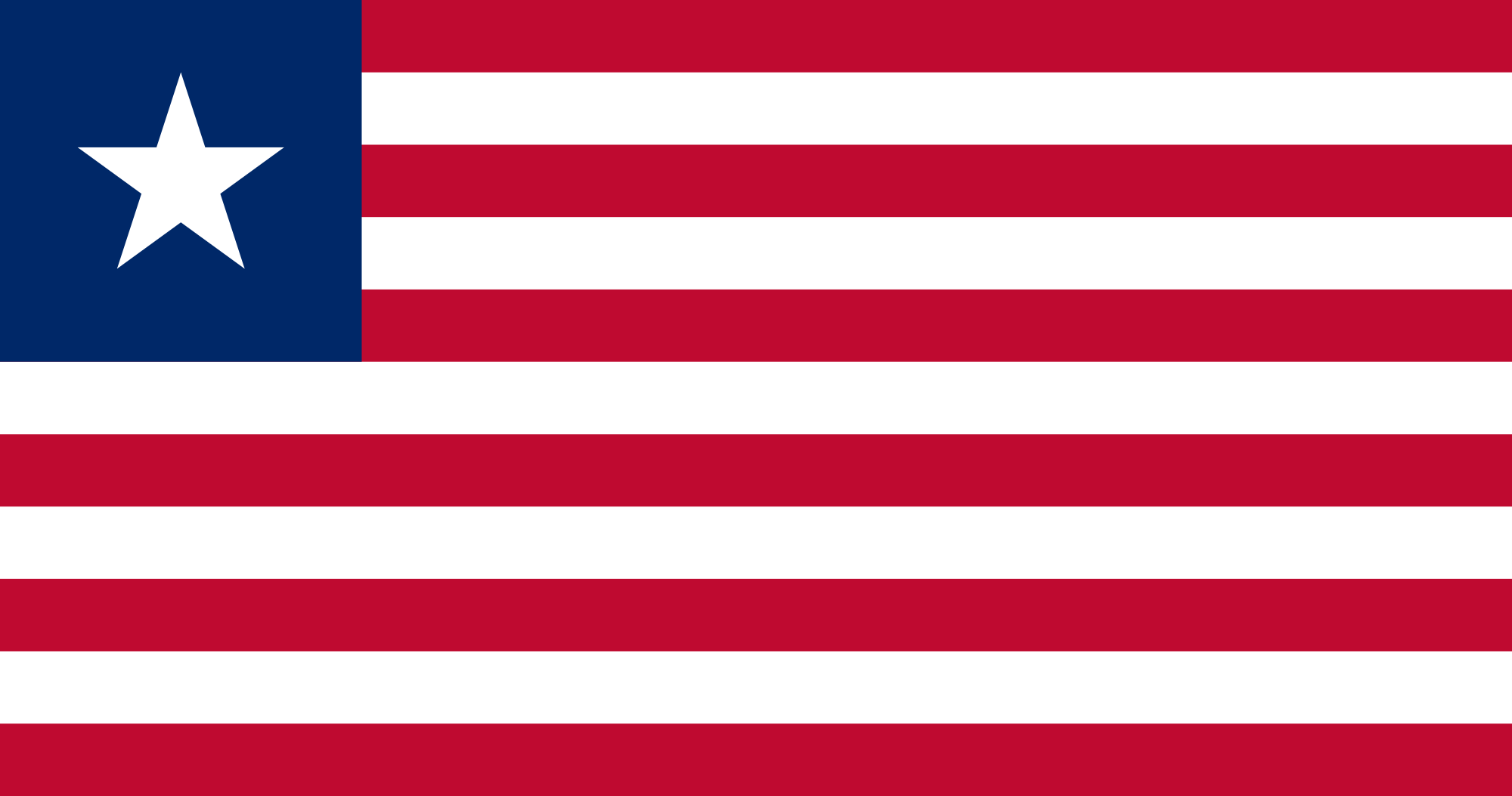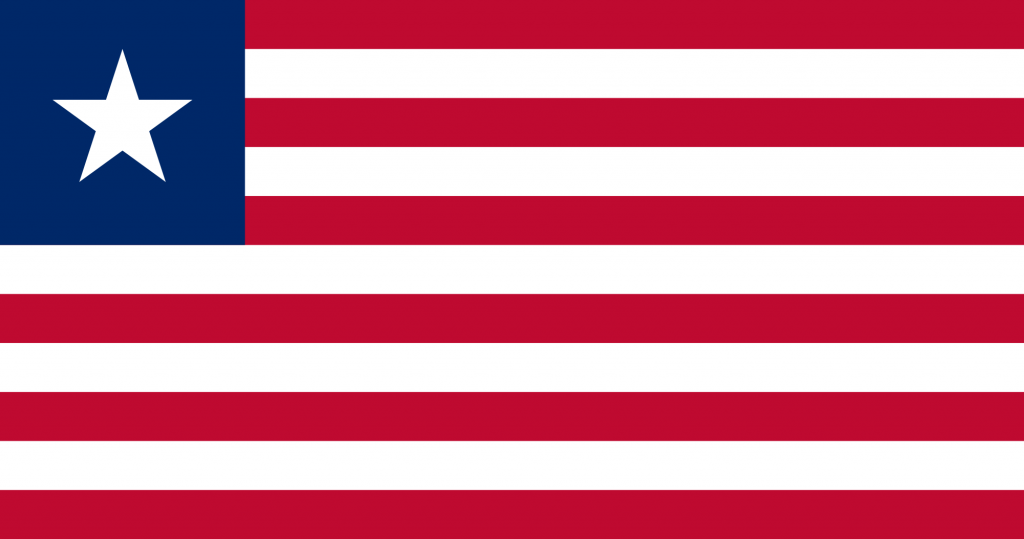Garmia Flomo, 34, a single mother of four children living in Horton Farm, Canta Community in Margibi County worked as a sundry worker on a construction site to feed her children.
But since the inception of the BRAC Liberia Ultra-Poor Program two years ago, she has been rearing pigs and involved in the buying and selling of palm oil.
“I never had money to buy a single pig; it was BRAC Liberia that gave me three pigs based on my own choice of the type of business that I wanted to do,” explains Flomo. “I started with three pigs, one male, and two females. BRAC Liberia also helps me with food for the pigs.”

Flomo received L$68,000 from the sale of seven pigs. Now, she also has four pigs on her farm.
BRAC Liberia’s Ultra-Poor program aims to place the ultra-poor on an upward trajectory from poverty by equipping them with basic skills, tools, productive assets, and confidence to succeed long after completing the program.
The program is a three-year pilot project funded by the National Postcode Lottery of the Netherlands. It is implemented under the theme, “Reaching the Last Mile, Ending Extreme Poverty in Liberia”.
Ultra-Poor women, who are the beneficiaries of the program, were given livestock, small business or grocery stores, mixed vegetable seeds, and tools, along with enterprise-specific training.
They were also trained in the administration of the Village Saving Loan Approach (VSLA) to promote the culture of savings and enhance asset diversification.
After 12 months of savings through the VSLAs, the women shared their savings and dividends with BRAC also paying a match of their savings based on how much each member saved. BRAC says the match fund was aimed at motivating the women to save more.
Garmeh said she saved L$1,000 every month and has received a little over L$15,000 including her share of the group’s profit on the loan.
“I thank God for BRAC Liberia because my life is getting better gradually,” she said, adding that she will begin plan to build his house in the next year.
Another woman, Esther Quakpolue, 57, mother of seven, told FrontPageAfrica: “We want to thank God for what BRAC Liberia has done for us. We have learned to save, manage our business well, eat nutritional foods, practice safe hygiene, and keep a clean environment.”
“BRAC Liberia also taught us about family planning, child trafficking, the danger of child marriage, and how to prevent the coronavirus disease”.
Like Esther, Teresa Challey, 67, is another beneficiary and a resident of Gwekpolorsue village in Margibi County. The widow had a very difficult time taking care of her children but with the help of BRAC Liberia, she now owns a shop and engages in charcoal production.
“I’m better off now because I eat well and can help my children and grandchildren,” Ma Teresa said, disclosing that she received a total of L$21,000 during the share-out, including the match fund from BRAC Liberia.
BRAC Country Director praised the women for their courage to transform their lives, adding that the idea behind the initiative is to “uplift the poorest of the poor” especially women-headed households — from extreme poverty to the level that is appreciable to ensure that they provide the necessities for them and their families.
Mr Kamara said, “This is an initiative that is new in Liberia, if not the rest of Africa. In development, you do not always expect the outcome to be a hundred per cent. It will be good if we can achieve 70 to 80 per cent of sustainability.
“But I am sure that we can achieve 90 per cent because we have given them the training and the skills and am seeing a lot of enthusiasms in the women to graduate themselves from extreme poverty”
He added that 500 extremely poor households are benefiting from the project in Margibi County and an additional 250 in Bong County.
Mr. Kamara said: “I feel good when I see women succeeding than my fellow men. The women took me to the site and I was glad when I saw pigs, sheep, goats, and table markets,”
Also, community leaders of Gwekpolorsue village and Horton Farm praised the NGO for empowering the “struggling women,” adding that the women are gradually becoming the breadwinners for their families.
“Today, some of the women in my town that used to credit from people and the people sued them to court for repayments defaults are no longer sued to my court for more than a year,” said Joe. Kortimah chief of Horton Farm Town.
“I see them moving too fast and I am surprised for what BRAC Liberia is doing for the women in my town. Thank you plenty for empowering my women.”
John Lamie, Town Chief of Gwekpolorsue village, added: “I want to say thank you to BRAC Liberia for making our women strong to stand and do things on their own.”

